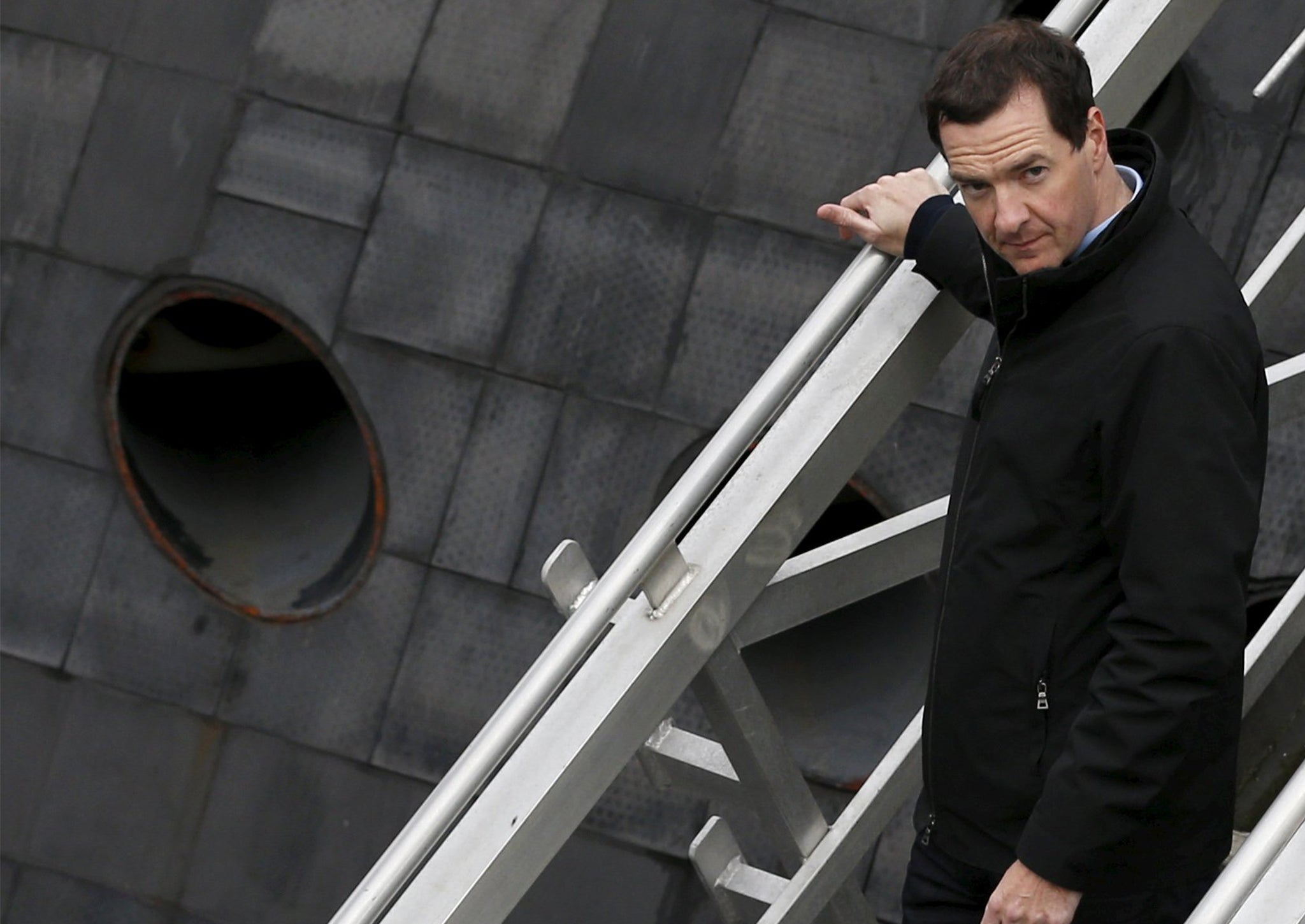Being a political centrist is intellectually and emotionally exhausting - but it's the only sensible option
The centre isn't where ideology goes to hide; it's where the most considered debate takes place

Your support helps us to tell the story
From reproductive rights to climate change to Big Tech, The Independent is on the ground when the story is developing. Whether it's investigating the financials of Elon Musk's pro-Trump PAC or producing our latest documentary, 'The A Word', which shines a light on the American women fighting for reproductive rights, we know how important it is to parse out the facts from the messaging.
At such a critical moment in US history, we need reporters on the ground. Your donation allows us to keep sending journalists to speak to both sides of the story.
The Independent is trusted by Americans across the entire political spectrum. And unlike many other quality news outlets, we choose not to lock Americans out of our reporting and analysis with paywalls. We believe quality journalism should be available to everyone, paid for by those who can afford it.
Your support makes all the difference.Steve Richards had a pop at the moral authority of the ‘centrist’ in The Independent this week. He suggested that using the term is simply one of the ways in which lazy people attack Jeremy Corbyn – something like ‘he’s on the hard left, but I’m a centrist’; or excuse George Osborne – ‘perhaps I don’t see eye to eye with him on everything, but at least he’s a centrist’.
Claiming the centre, Richards says, is merely a rhetorical move. The centre is empty but it provides cover. You might say the centre is the place where ideology goes to hide.
I’m a centrist (I think - doubt is important to being a centrist so I’m not certain). Does that mean I’m copping out of taking a proper position? No; being a centrist is actually pretty hard going - emotionally, as well as intellectually.
It’s intellectually hard because there are no certainties in the centre. I don’t happen to know that renationalisation of the railways will make them work better, or provide a better expression of the common good. Nor do I assume that lower benefits will strengthen the incentives to be in work, or reflect some deeper notion of individual responsibility. Instead I have to figure out the answer; and, to help in figuring it out, I will favour lots of different approaches.
Let’s say that means a range of train companies trying to innovate and bring down costs, rather than one single model; and pilots of new approaches to welfare, sometimes with charities and private firms trying to help unemployed people find work rather than government doing it alone.
Is that basically a free market philosophy? No, because centrists don’t assume that the market is always better, or that markets should operate unrestrained. The real goal is pluralism, having a range of different approaches; and freedom, giving people the right to live in different ways and make their own choices. Okay, fair enough, often that does mean using the market. But, to the centrist, the market is a means to an end, it’s not an end in itself. It’s the worst possible way to stop vested interests deciding everything, apart from all the others.
Beyond the intellectual labour involved in being a centrist, it’s emotionally hard too. The left and the right, by contrast to the centre, can enjoy the comfort of imagining either a future utopia or describing a lost romantic past. Us centrists on the other hand, we live in the world as it is. We like some things about it, others we know are deeply unpleasant, but we don’t pretend that they will vanish. We try to make more of the good things, and less of the bad, but neither the utopia nor the romantic past are on the cards.
Richards might say that I’m caricaturing the left or the right. They’re not seriously advocating an entirely different world to the one we’re in. Well, some of them are, whether that means bringing the UK out of the EU, with our borders closed; or an unending fiscal stimulus. But, even for the others, the alternative world is always at the margins of how they think about this present world. There’s always something in their vision about building or rebuilding; some wistful evocation of equality or tradition, solidarity or sovereignty.
The centrist likes the sound of that stuff but has the courage to realise that the world is broken, it was always broken and always will be – so the point is to make progress where we can. Crucially, we keep going at this task, because – unlike the left or the right – we don’t believe that there’s any way to finish, or to give up.
It’s not exactly a creed, is it? But we like it that way. Go on. Are you a centrist too?
Join our commenting forum
Join thought-provoking conversations, follow other Independent readers and see their replies
Comments